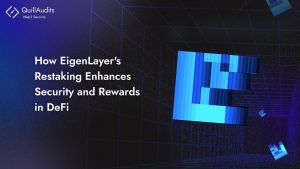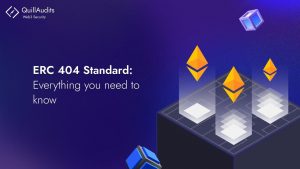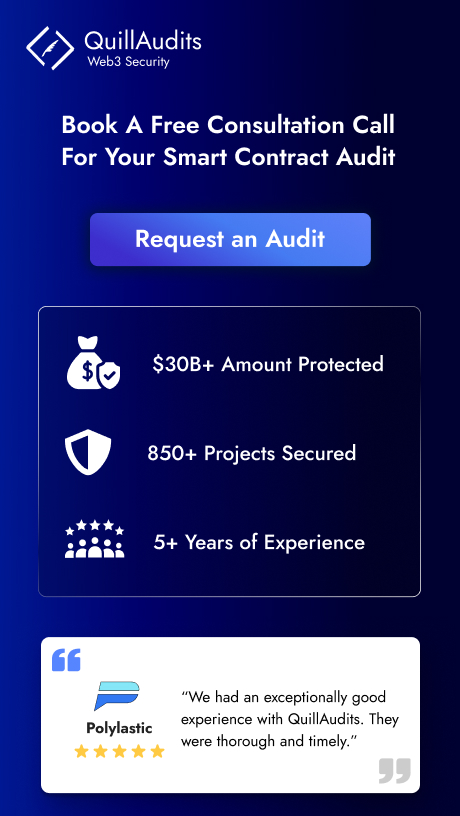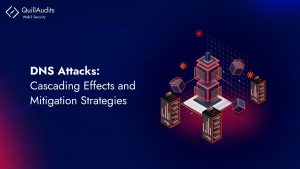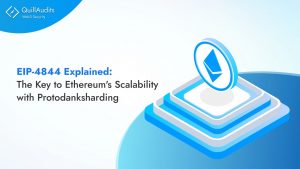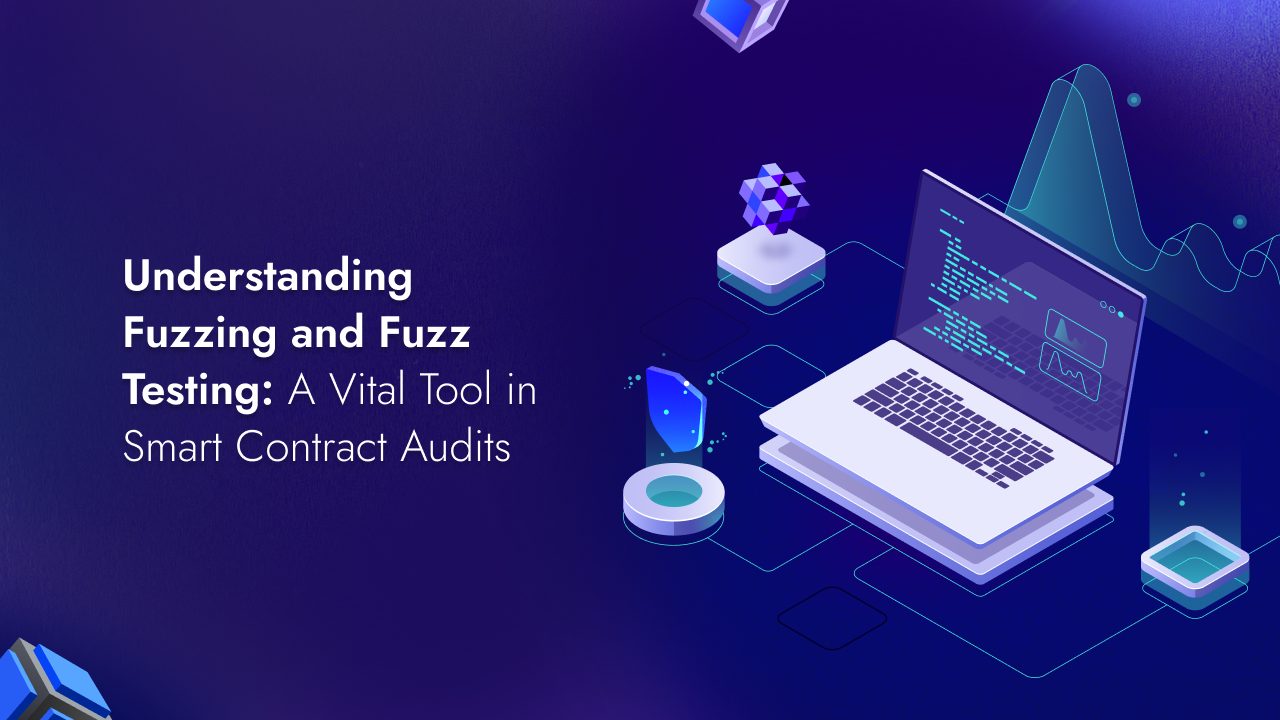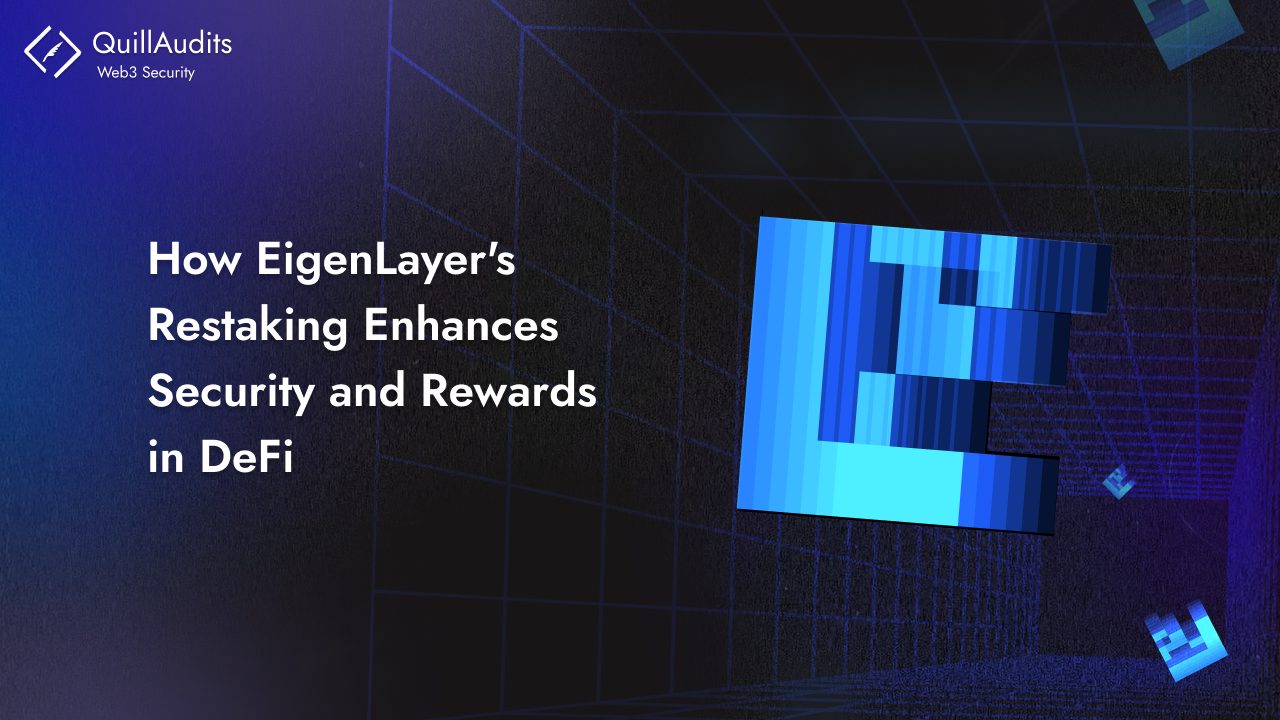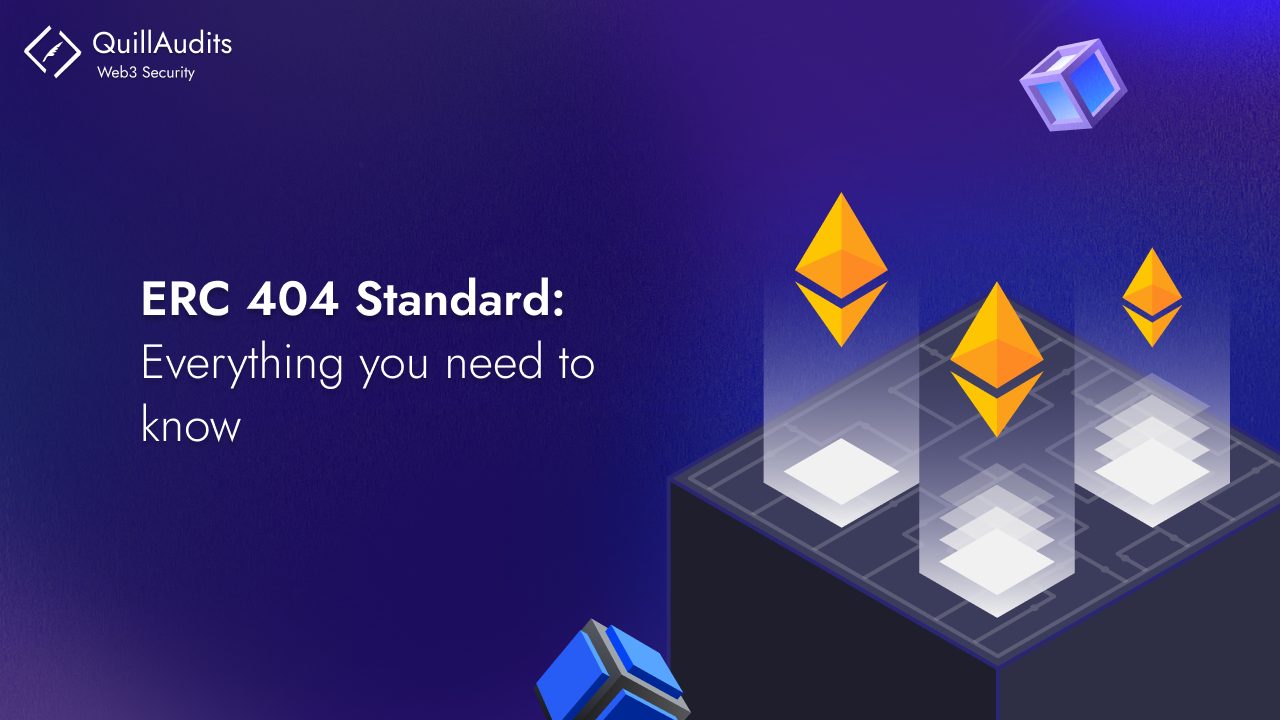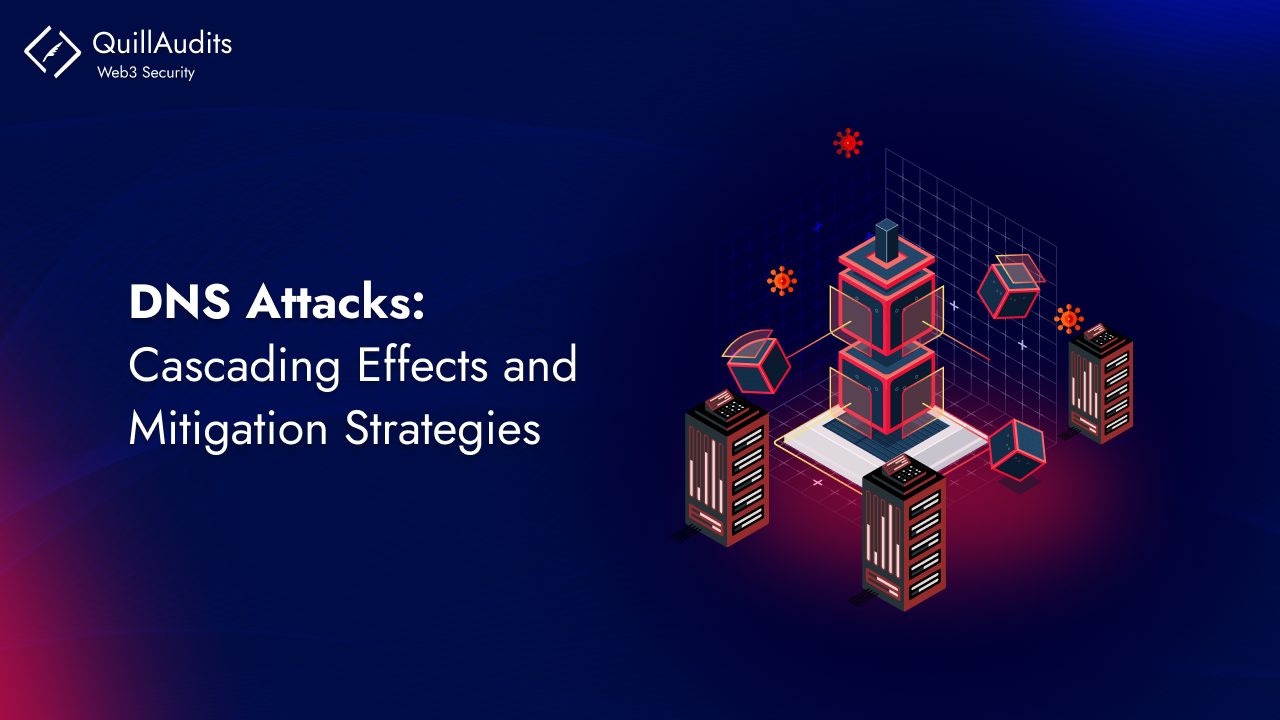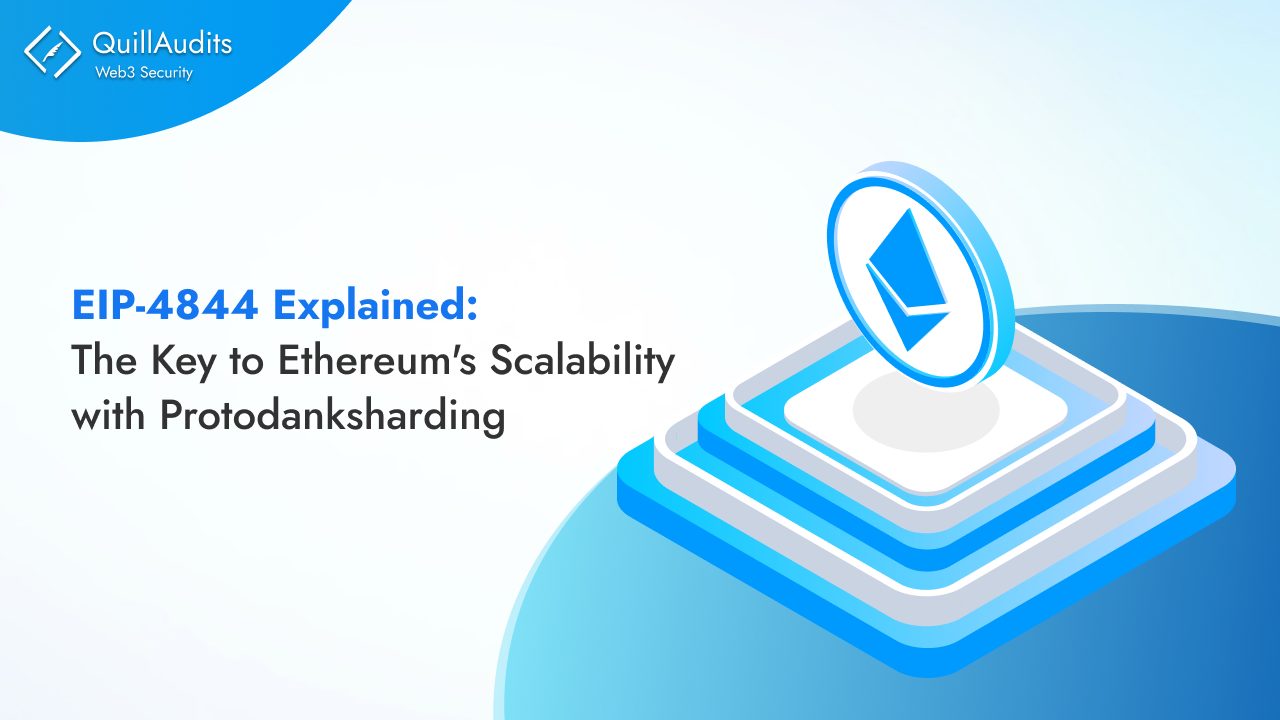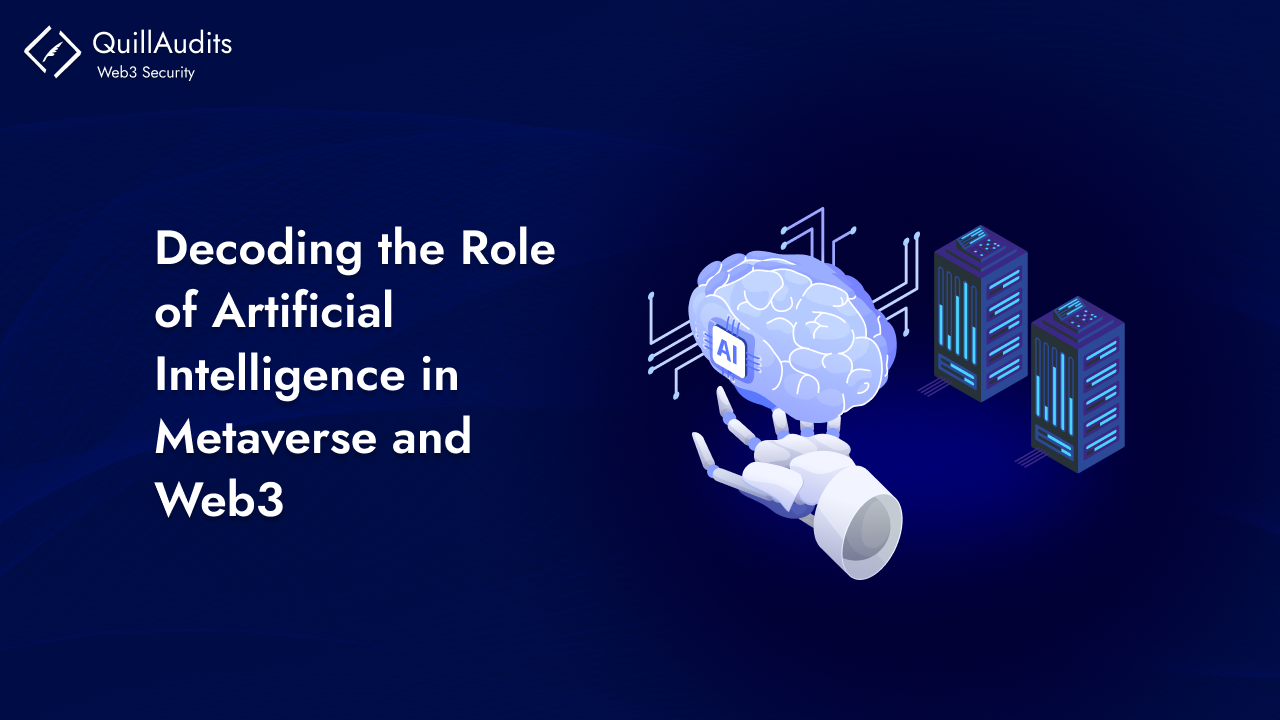Getting a smart contract audited before launching your DeFi protocol is more than a ritual. The audit is crucial for the safety and eventually, success of the project. To ensure that the audit completes its objective – discovering and plugging the vulnerabilities – you need to work closely with the company you have entrusted with the job.
While your DeFi smart contract is undergoing auditing, you need to be geared up for a few challenges:
1. Determine the contours of audit
One of the core decisions your team needs to take is to decide what to include and what not within the ambit of the audit. Doing over-scrutiny of the code will consume plenty of resources, so you need to maintain a balance between the depth of scrutiny and the resources you have at hand.
Any smart contract will generally face a few common vulnerabilities, that include attacks like re-entrancy, replay, short address, reordering, and more. While any audit will include all these possible attacks, there are some conditions that can’t be ignored.
An automated audit generally raises several unnecessary flags that aren’t actually vulnerabilities. The team examining the vulnerabilities pointed out by the software should be smart enough to determine what actually qualifies as a vulnerability and what not.
2. Find experienced auditors
To find reliable professionals in any field is hard and it is no different when it comes to smart contract auditors. You need to make sure they are experienced enough to dig into the vulnerabilities and determine how these can be plugged without interfering with the code unnecessarily.
An auditor isn’t supposed to write the code, but manually go through every single line of existing code and ascertain whether they actually meet the stated objectives. This is something not every programmer can do. Anyone executing the task needs to have extensive skills in doing this specialized task.
Getting too deep into the search for such auditors will leave less time with you for other activities related to the project. The best way to go ahead is to hire a reputable company that has a strong track record of smart contract auditing.
3. Duration of audit
Depending upon the complexity of the task and the scale of the contract, an audit might take a few days to a few weeks. Quite understandably, you might want to get to the market with your contract at the earliest; however, it is important to allow proper time for the contract as the task is simply too crucial to be done in a hurry.
You need to assign proper time for the auditing in your roadmap. It will ensure everything is done in accordance with a plan.
4. Technical challenges
An audit faces a string of technical challenges as well. For example, a thorough audit of a smart contract might require structural changes in the protocol. It is advisable to begin the process of auditing only when the development cycle is complete.
Must Read: Top 7 Use Cases of Smart Contracts in DeFi
5. Incomplete documentation
Many protocols make the grave mistake of ignoring proper documentation. If documentation is incomplete and critical details are missing, it will be hard for developers to accurately conclude if the code’s functionality maps with what the author has wanted to achieve.
Developers may come and go during the development process and there will only be the documentation that guides the auditors when auditing begins.
6. Presentation of audit report
The process of compiling the audit report continues through the auditing. For a thorough report, auditors need to be well informed how a complete report is generated.
If the auditors are experienced enough, they will know how to create a report that satisfies the clients’ expectations. A detailed report segregates the vulnerabilities according to their severity level and recommends appropriate action regarding each of them.
7. Finding a reliable auditing company
While searching a company for auditing your smart contract is a no-brainer, it does become a bit challenging when there are several vendors out there, all claiming to be the best in the business.
Rather than believing right away what they claim to be on their websites, you will do well to conduct some research on your own regarding their credentials. It will help to go through some of the client testimonials or even get feedback from them regarding the job they did.
People who have already worked with them regarding the audit are likely to provide the most useful feedback.
Wrapping up
Auditing of a smart contract won’t be a smooth process if you are unprepared to deal with the challenges. Possible issues include taking a decision regarding the scale of the audit, finding experienced auditors, giving adequate time for audit under pressure of taking the project to the audiences, technical challenges, compiling a proper report, or finding a reliable auditing company.
Companies prepared for these challenges will help you ensure the auditing of smart contracts is done in an optimum manner and all intended objectives are achieved.
Reach out to QuillAudits
QuillAudits is accomplished in delivering efficient smart contract audits. If you need any assistance in the audit of the smart contracts, feel free to reach out to our experts here!
Follow QuillAudits for more updates.
Twitter | LinkedIn | Facebook | Telegram
Twitter | LinkedIn | Facebook | Telegram


